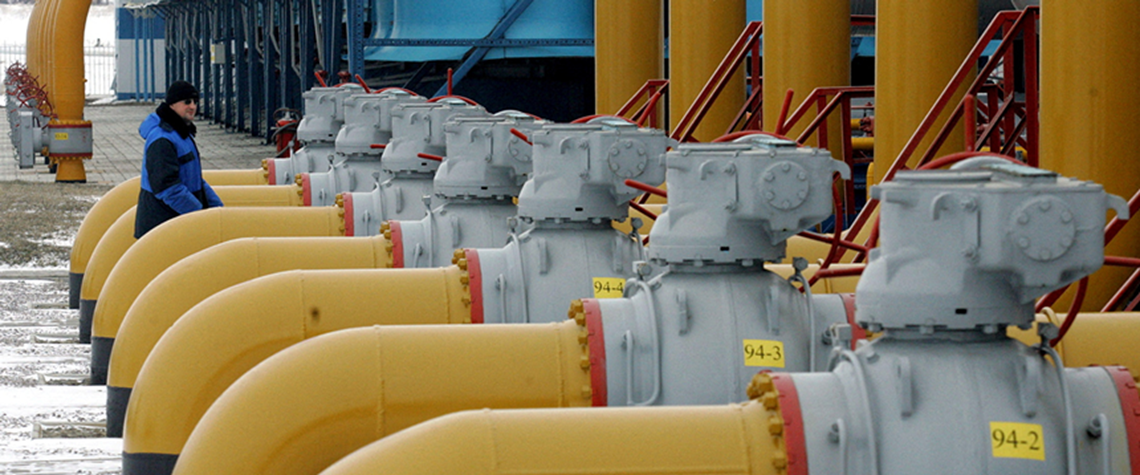Europe faces perilous year without Ukraine gas transit
The end of transit, though widely anticipated, leaves Europe paying a third more for gas than a year ago and greatly exposed to supply shocks
Europe’s gas market faces a difficult year, with the loss of Russian gas transit through Ukraine leaving it greatly exposed to any future potential supply disruptions, including via the last remaining route for Russian deliveries to Europe: TurkStream. Gas prices are at their highest level in a year and are not expected to see much decline in 2025. This translates into higher energy costs for the European economy, undermining efforts to bolster stagnating GDP and curb the trend of de-industrialisation seen over the past few years. The expected outcome That Russia and Ukraine would not renew their transit deal beyond 2024 was widely anticipated by the market, as evidenced by the steady climb

Also in this section
4 March 2026
The US president has repeatedly promised to lower gasoline prices, but this ambition conflicts with his parallel aim to increase drilling and could be upended by his war against Iran
4 March 2026
With the Strait of Hormuz effectively closed following US-Israel strikes and Iran’s retaliatory escalation, Fujairah has become the region’s critical pressure release valve—and is now under serious threat
3 March 2026
The killing of Iran’s Supreme Leader Ayatollah Khamenei in US–Israeli strikes marks the most serious escalation in the region in decades and a bigger potential threat to the oil market than the start of the Russia-Ukraine crisis
2 March 2026
A potential blockade of the Strait of Hormuz following the escalating US-Iran conflict risks disrupting Qatari LNG exports that underpin global gas markets, exposing Asia and other markets to sharp price spikes, cargo shortages and renewed reliance on dirtier fuels







